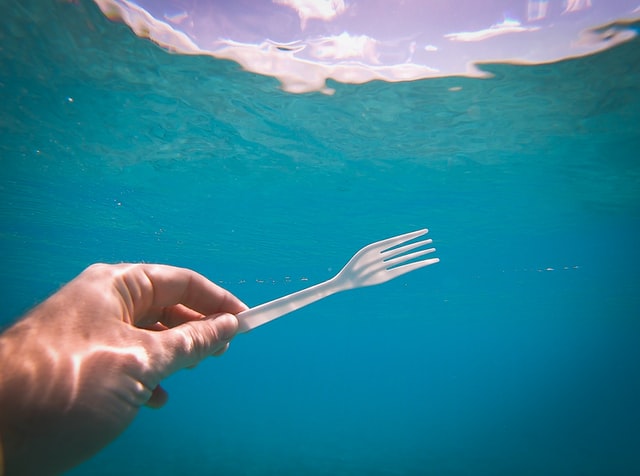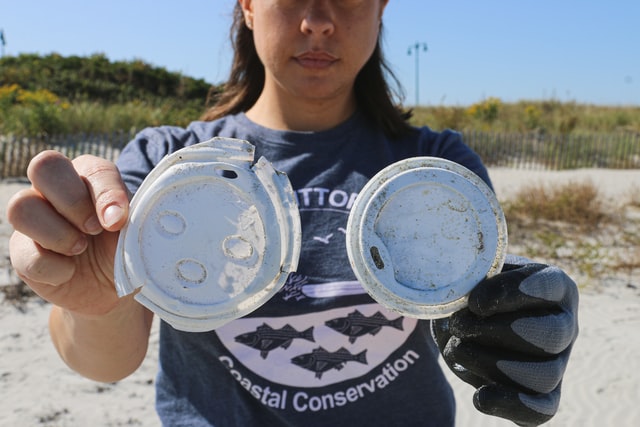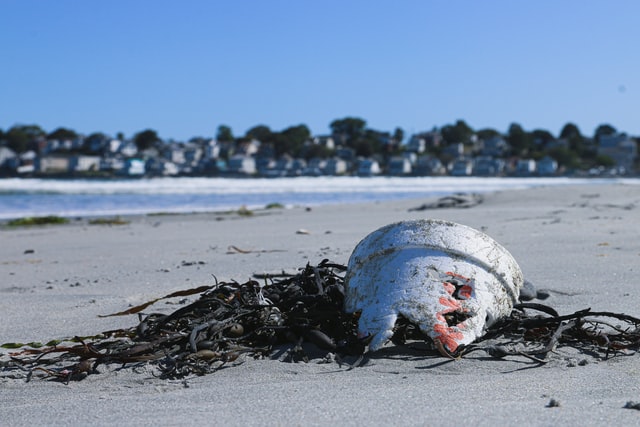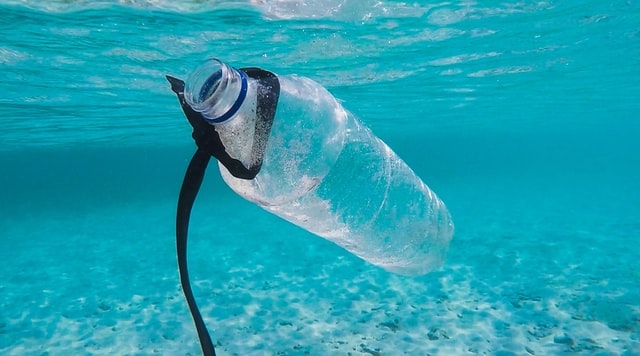
- Sustainable Planet -
- 4mins -
- 213 views
Europe’s ban on 10 single-use plastic products now in effect , but more action is needed!
Items included are 10 single-use plastics most commonly found on Europe’s beaches, however all global government and industry commitments combined—including the EU measures—only reduce the amount of single-use plastic waste entering our oceans by 7%.
EU bans 10 most common single-use plastic items found on beaches
As from Saturday 3 July 2021, straws, plastic bottles, coffee cups and takeaway containers made from certain materials are banned in the EU, as the Single-Use Plastics Directive of 2019 officially comes into force. Items made from expanded polystyrene, specifically, are no longer allowed to be sold. The exact items included are 10 single-use plastics most commonly found thrown away or washed up on beaches. Expanded polystyrene, or styrofoam, is being targeted because it easily breaks down into tiny white plastic balls which are blown around by the wind and eaten by fish or birds who think it’s food.
Source: Euronews

EU single-use plastics ban takes effect
Single-use plastic items such as straws and cups are no longer allowed in the 27 European Union countries. The EU ban on certain plastic products took effect on Saturday 3 July 2021 and covers a range of everyday items from food packaging to wet wipes. Some will be banned altogether, while others must be labelled to inform consumers about proper disposal and the impact of littering.
“Single-use plastic products are more likely to end up in our seas than re-usable options,” reads an EU statement on its environmental policy. “Where sustainable alternatives are easily available and affordable, single-use plastic products cannot be placed on the markets of EU member states.”
The list of banned items includes plastic cotton bud sticks, cutlery, plates, straws, stirrers, and sticks for balloons – as well as cups and food and beverage containers made of expanded polystyrene and all products made of oxo-degradable plastic.
Source: Swissinfo.ch

Not covered by the ban
While the SUP directive deals with a lot of throwaway plastic items that end up on Europe’s coasts, it does not ban some of the 1.3 billion plastic drink bottles that are sold daily around the world.
Made of PET, these fossil-based plastic containers are, however, one of the few that can be recycled and used to make new bottles, packaging or fibers. The problem remains that only 65% of PET bottles in Europe are collected for recycling, and the rest will take hundreds of years to decompose.
The SUP directive sets a collection target of 90% recycling for PET bottles by 2029 (with an interim target of 77% by 2025). These bottles should also contain at least 25% recycled, as opposed to virgin, plastic by 2025.
‘Pandemic plastics’ yet to be included
The SUP ban exempts medical-related plastics, including the masks and gloves that have become so widespread during the pandemic. In addition to the many types of packaging made from long-lasting SUPs for these pandemic response products, these materials have ended up as waste on both land and in marine environments, with potentially harmful impacts on ecosystems, according to the European Environment Agency (EEA).
"Imports of face masks into the EU more than doubled compared with business as usual before the pandemic," said the EEA. The increase happened while EU production was also increasing.
With around 170,000 additional tons of these plastic-based face masks introduced into the EU during the first six months of the pandemic, calls are growing to find alternatives. But so far, pandemic plastics are not addressed by the new SUP rules.
Source: DW News

7% is not enough
Despite being part of the top 10 single-use plastic items found littering Europe’s beaches (single-use plastic drinks bottles rank #1), the EU didn’t ban single-use plastic water bottles.
Meanwhile, did you know that all global government and industry commitments combined (including the EU measures) only reduce the amount of single-use plastic waste entering our oceans by 7%?
Which means by 2040, we’re still looking at 27 million metric tons of single-use plastic waste ending up in our deep blue waters – every year.
At this point, government and industry commitments aren’t enough, say Dopper, the Dutch social enterprise on a mission to fight single-use plastic water bottles and save our oceans.
They want to go one step further by pledging to ban single-use water bottles from our lives… and demand the EU does the same. If you want to learn more about Dopper or sign the pledge, click here.
Source: Dopper

